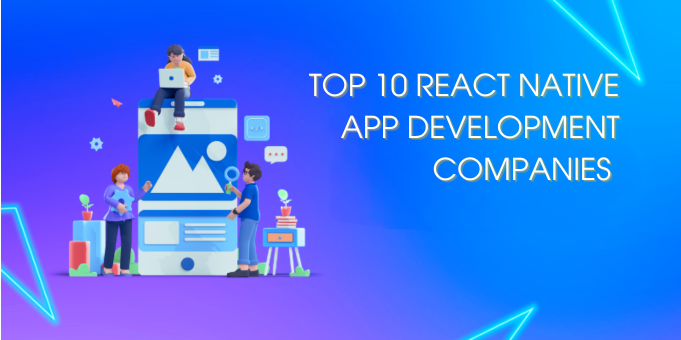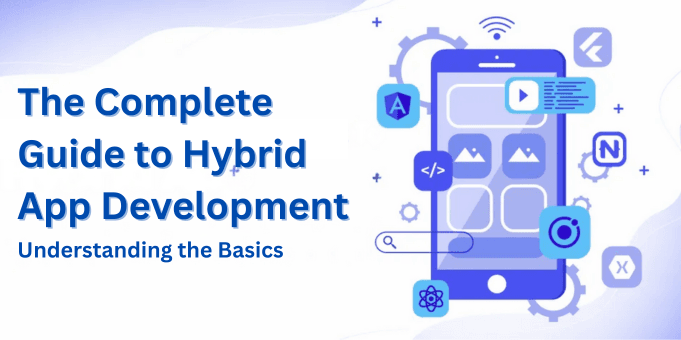B2B Digital Marketing Plan: 6 Steps to Strategize

In today's digital age, B2B businesses must adapt to the evolving landscape of digital marketing service to stay competitive. A well-crafted digital marketing plan can help you reach your target audience, generate leads, and drive revenue. Here are six key steps to strategize your B2B digital marketing plan:
Step 1: Define Your Target Audience
Understanding your target audience is crucial for effective B2B digital marketing. Consider the following:
- Identify Ideal Customer Profiles (ICPs): Create detailed profiles of your ideal customers, including their demographics, pain points, and buying behaviors.
- Understand Their Needs and Pain Points: Research your target audience's challenges and how your products or services can solve them.
- Analyze Their Online Behavior: Use tools like Google Analytics to track their online activities, including website visits, email engagement, and social media interactions.
Step 2: Set Clear and Measurable Goals
Clear and measurable goals are essential for tracking your progress and evaluating the success of your digital marketing efforts. Some common B2B digital marketing goals include:
- Increasing brand awareness: Expanding your brand's visibility and recognition.
- Generating leads: Attracting potential customers and capturing their contact information.
- Driving website traffic: Increasing the number of visitors to your website.
- Improving website conversions: Converting website visitors into leads or customers.
- Building relationships with key influencers: Collaborating with industry influencers to reach a wider audience.
Step 3: Conduct a Comprehensive Digital Audit
A digital audit helps you assess your current online presence and identify areas for improvement. Key areas to focus on include:
- Website audit: Evaluate your website's design, content, and technical SEO.
- Social media audit: Analyze your social media presence and engagement metrics.
- Email marketing audit: Assess your email marketing strategy, including subscriber growth, open rates, and click-through rates.
- Content marketing audit: Review your content strategy, including blog posts, whitepapers, and case studies.
Step 4: Develop a Content Marketing Strategy
Content marketing is a powerful tool for attracting and engaging your target audience. Here are some key elements of a successful content marketing strategy:
- Create high-quality content: Develop valuable content that addresses your target audience's pain points and interests.
- Optimize content for SEO: Use relevant keywords and optimize your content for search engines.
- Promote your content: Share your content on social media, email newsletters, and other channels.
- Track content performance: Use analytics tools to measure your content's impact.
Step 5: Implement a Multi-Channel Marketing Approach
A multi-channel marketing approach involves using multiple channels to reach your target audience. Consider the following channels:
- Search Engine Optimization (SEO): Improve your website's visibility in search engine results.
- Pay-Per-Click (PPC) Advertising: Use paid advertising to drive traffic to your website.
- Social Media Marketing: Engage with your audience on social media platforms.
- Email Marketing: Build and nurture relationships with your email subscribers.
- Content Marketing: Create valuable content to attract and retain your audience.
Step 6: Track, Measure, and Optimize
Regularly tracking and measuring your digital marketing efforts is essential for identifying what works and what doesn't. Key metrics to track include:
- Website traffic
- Lead generation
- Conversion rates
- Social media engagement
- Return on investment (ROI)
- Use analytics tools like Google Analytics to track your performance and make data-driven decisions.
Partner with a Digital Marketing Agency
If you need expert guidance and support in executing your B2B digital marketing plan, consider partnering with a Digital Marketing Service provider. A reputable Digital Agency or Web Marketing Company can help you:
- Develop a comprehensive digital marketing strategy
- Create high-quality content
- Implement effective SEO and PPC campaigns
- Manage your social media presence
- Track and analyze your marketing performance
By following these six steps and working with a skilled digital marketing team, you can effectively implement a B2B digital marketing plan that drives growth and success for your business.
Note: IndiBlogHub features both user-submitted and editorial content. We do not verify third-party contributions. Read our Disclaimer and Privacy Policyfor details.







